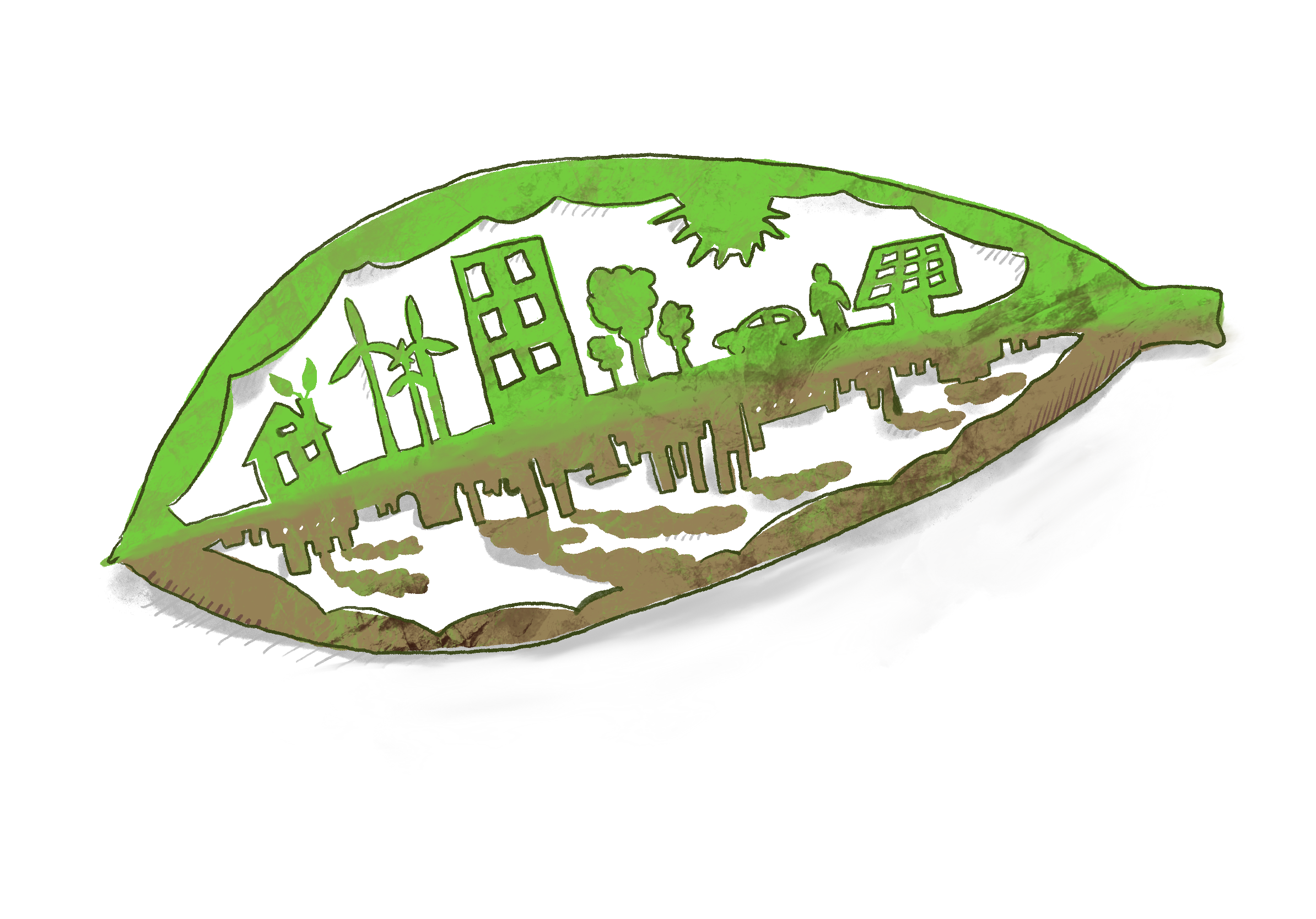 In February 2020 General Synod set the Church of England an ambitious challenge: to reach net zero carbon across it’s parish, cathedral, diocesan and school estates by 2030. The scope of the target for 2030 includes those schools where the Diocesan Board of Education has a significant degree of influence (generally Voluntary Aided Schools, Diocesan Academy Trusts and majority Church Academy Trusts. The Oxford Diocese has set a separate target of being zero carbon by 2035.
In February 2020 General Synod set the Church of England an ambitious challenge: to reach net zero carbon across it’s parish, cathedral, diocesan and school estates by 2030. The scope of the target for 2030 includes those schools where the Diocesan Board of Education has a significant degree of influence (generally Voluntary Aided Schools, Diocesan Academy Trusts and majority Church Academy Trusts. The Oxford Diocese has set a separate target of being zero carbon by 2035.
Guided by the Fifth Mark of Mission—to strive to safeguard the integrity of creation and sustain and renew the life of the earth— ODBE places carbon reduction at the heart of how it serves schools, communities, and God’s creation. Our goal is in alignment with the Church of England’s Net Zero by 2030 goal.
Our Environmental Policy can be found here
Where ODBE has a significant degree of influence we are committed to:
- Encouraging evidence-led planning and capital investment across the estate.
- Supporting our schools to reduce carbon emissions year-on-year.
- Integrating sustainability into governance, education, leadership, and community engagement.
For those 'in scope' schools we remain committed to working towards achieving net-zero carbon through influencing the following:
- School buildings (new and existing), grounds, procurement, travel, catering, and operations.
- Curriculum, leadership, and governance functions with environmental implications.
- Reporting frameworks for emissions and sustainability.
(For those schools that are ‘out of scope’, ODBE aims to influence partners (MATs, LAs, governors) through guidance, support, and model policy frameworks).
Schools are encouraged to calculate and report their annual carbon footprint using:
- Climate Action Plan
- Heat Decarbonisation Plans (HDPs)
- Energy Footprint Tool
- Smart meter data
(Scope 1 and 2 emissions (heating, lighting, fuel) are prioritised, with efforts to measure Scope 3 (travel, food, procurement) where possible).
Schools are expected to implement decarbonisation measures, identify priorities and develop plans and take action across the following areas:
- Buildings: upgrade heating (heat pumps), install solar PV, batteries and improve insulation.
- Lighting: full LED conversion, motion sensors.
- Waste: implement 2025 segregation laws; reduce landfill reliance.
- Travel: promote walking/cycling, use electric minibuses, reduce school trips’ carbon.
- Curriculum: align science, geography, RE with climate education themes.
- Grounds: create biodiversity zones, rain gardens, composting schemes.
- Procurement: favour sustainable suppliers, low-carbon food, and local contractors.
Funding & Resourcing
With the recent removal of the Public Sector Decarbonisation Scheme funding optons are limited to:
- SCA & DFC allocations for eligible schools.
- Community energy schemes, including power purchase agreements.
- 0% loans from Local Authorities (currently Oxfordshire only)
Diocesan officers maintain awareness of funding rounds and circulate templates, examples, and match-funding pathways and will pass this information to schools as appropriate.
ODBE supports schools to foster an environmental culture by:
- Providing CPD on climate literacy, curriculum design, and carbon reporting.
- Running Eco Leads networks, Eco Weeks, and creative competitions.
- Promoting shared learning through conferences and showcases.
- Encouraging schools to work with parish, parent, and local authority stakeholders.
Resources for Schools
- Net Zero Carbon Schools | The Church of England
- Home | Energy Sparks
- Climate Action Advisors - Lets Go Zero
- Routemap_StakeholderPacks_Schools_V4FINAL.pdf
- Young Climate Warriors | Climate Change for Children | Cut Carbon |
DfE Sustainability Strategy & Church of England Route Map
- The Church of England’s Routemap to Net Zero Carbon by 2030 (RoutemapToNetZeroCarbonFinal.pdf)
- The Department for Education’s Sustainability and Climate Change Strategy (2023) (Sustainability and climate change: a strategy for the education and children’s services systems - GOV.UK)
- The Oxford Diocesan Synod’s declaration of climate emergency (2020) (Diocese of Oxford declares a climate emergency - Diocese of Oxford)
- The Fifth Mark of Mission adopted by the Anglican Communion (Microsoft Word - The Five Marks of Mission FINAL)